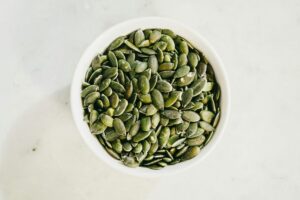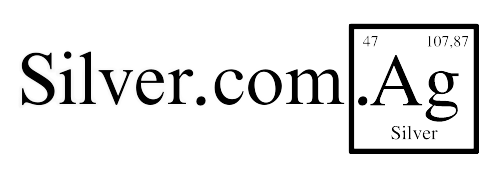
The Power of Pumpkin Seeds: A Nutrient-Rich Snack for Better Health
Pumpkin seeds, or pepitas, pack a powerful nutritional punch in a small, crunchy package. People have enjoyed these seeds for centuries, not only for their taste but also for their many health benefits. When you include pumpkin seeds in your diet, you nourish your body with essential nutrients, support critical bodily functions, and enjoy a versatile food that fits into many meals.
Pumpkin Seeds – Rich in Nutrients
Pumpkin seeds contain various nutrients your body needs to function well. They provide a good source of protein, healthy fats, and fiber. These seeds also deliver essential minerals such as magnesium, zinc, iron, and phosphorus. A single handful of pumpkin seeds can supply a noticeable portion of your daily magnesium and zinc requirements.
Magnesium plays a key role in hundreds of biochemical reactions in your body. It supports muscle function, regulates blood pressure, and helps your heart beat steadily. Zinc supports immune health, helps wounds heal, and contributes to healthy skin. Iron helps deliver oxygen to your cells, and phosphorus supports strong bones and teeth.
Amino Acids in Pumpkin Seeds
Pumpkin seeds provide a variety of essential amino acids. Tryptophan helps the body produce serotonin and melatonin, which regulate mood and sleep. Glutamic acid supports brain function and may improve mental clarity. Arginine improves blood flow and supports heart health. Leucine promotes muscle repair and growth, especially after exercise. Histidine aids in tissue repair and helps form red and white blood cells. These amino acids contribute to the body’s daily needs for protein synthesis, immune defense, and hormone production.
Supports Heart Health
Your heart benefits when you eat pumpkin seeds regularly. These seeds contain antioxidants and healthy fats, including omega-3 and omega-6 fatty acids. These nutrients help lower harmful cholesterol levels and reduce inflammation, which can protect your cardiovascular system. Magnesium in pumpkin seeds helps maintain steady blood pressure and supports healthy heart rhythms.
Improves Sleep Quality
Pumpkin seeds naturally contain tryptophan, an amino acid that helps the body produce serotonin and melatonin. These compounds support mood and regulate sleep. Eating pumpkin seeds in the evening may help you fall asleep more quickly and enjoy a more profound, restful sleep.
Supports Prostate and Bladder Health
Pumpkin seeds can benefit men in particular. The zinc and phytosterols in these seeds support prostate health and may help reduce symptoms of benign prostatic hyperplasia (BPH), a non-cancerous enlargement of the prostate. Pumpkin seeds also support bladder function and may help reduce the risk of urinary disorders.
Boosts Immune Function
The zinc content in pumpkin seeds is critical in maintaining a strong immune system. Your body uses zinc to activate immune cells and defend against infections. Antioxidants in pumpkin seeds also help protect your body from damage caused by free radicals.
Provides Antioxidant Protection
Pumpkin seeds contain antioxidants such as vitamin E and carotenoids. These compounds help neutralize free radicals in the body and may reduce the risk of chronic diseases. Antioxidants also support healthy aging by protecting your cells from damage.

Easy to Add Pumpkin Seeds to Your Diet
You can enjoy pumpkin seeds in many ways. Eat them raw or roasted as a snack. Add them to salads, oatmeal, yogurt, or baked goods. Sprinkle them over soups or mix them into granola—their mild, nutty flavor pairs well with sweet and savory dishes.
Conclusion
Pumpkin seeds offer a wide range of health benefits in every bite. From supporting your heart and immune system to improving sleep and boosting mineral intake, these seeds deserve a regular place in your diet. By choosing pumpkin seeds as a snack or meal addition, you make a simple yet powerful choice for your health.
